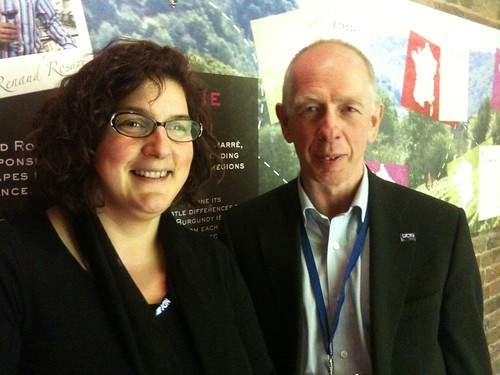
We trust the internet more than we do government. That seems to be what this survey from The Guardian is telling us. (Yes it is only one survey – so I understand).
The image above represent part of the answer to the question “Which of the following institutions do you trust?” – blue means not all all, yellow a little, red a lot. It tells us far more people trust the internet a little than they do all of our major layers of government (and the press).
What might be going on here?:
- Perhaps people are expressing trust for the relationships they make on the internet? 89% of people responded to another part of the survey by saying they trust their friends (only 73% said the same of spouse/partner!).
- Are we more likely to trust things we find on the net a little because we have choice there? We can go to other bits of the net to find a better version of what we need. We can’t do that with government.
- As a development of the above, we are in control on the net – we navigate the journey. How true is that of government?
- When government lets us down it tends to do it in a more meaningful way than a web page which doesn’t load fast enough or spouts garbage. With government much more closely involved in important things in out life we’re more likely to feel strongly about it.
- It’s no surprise few people trust the internet a lot – the internet is not an institution. In fact asking people to compare the internet with the EU is a bit daft.
Of course it could just be wrong?


